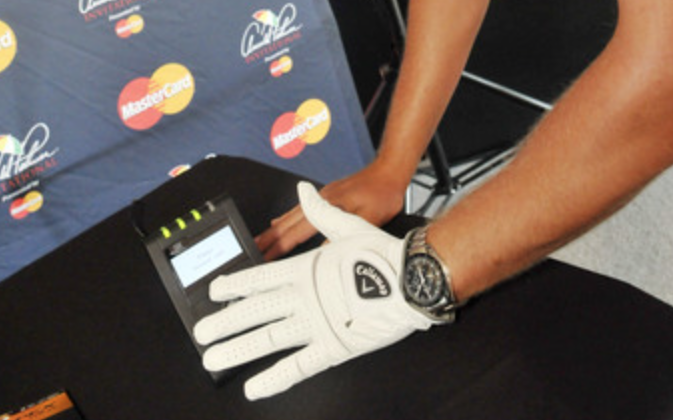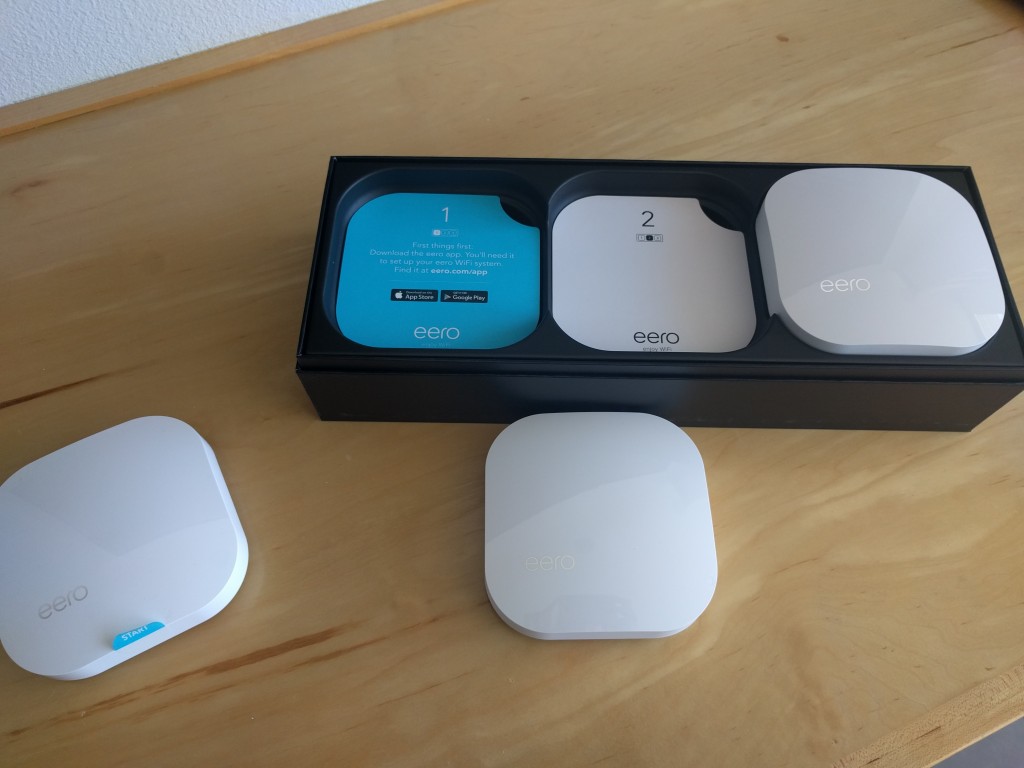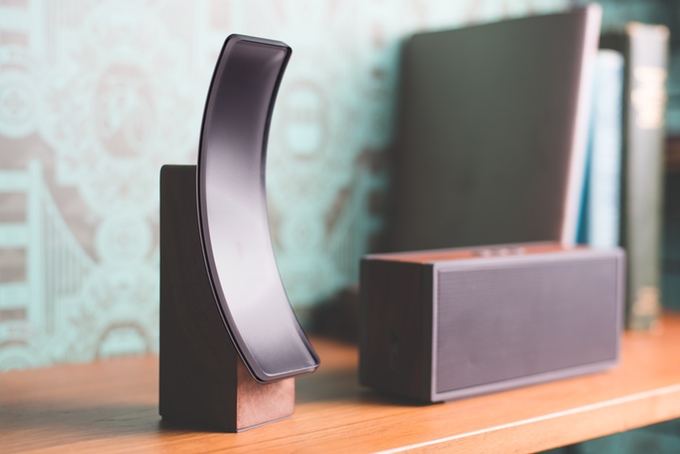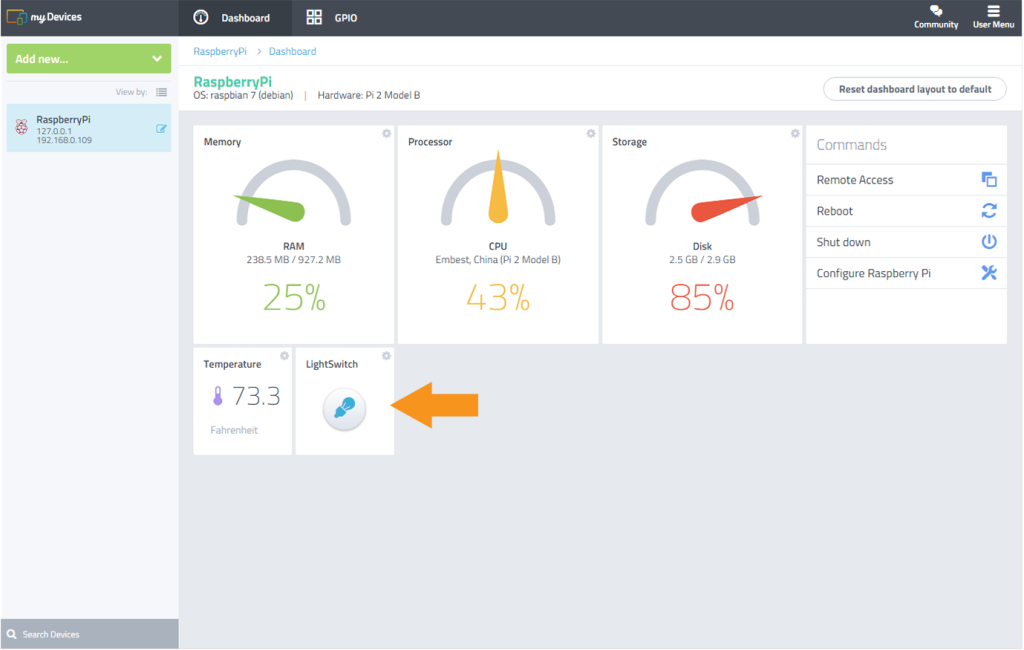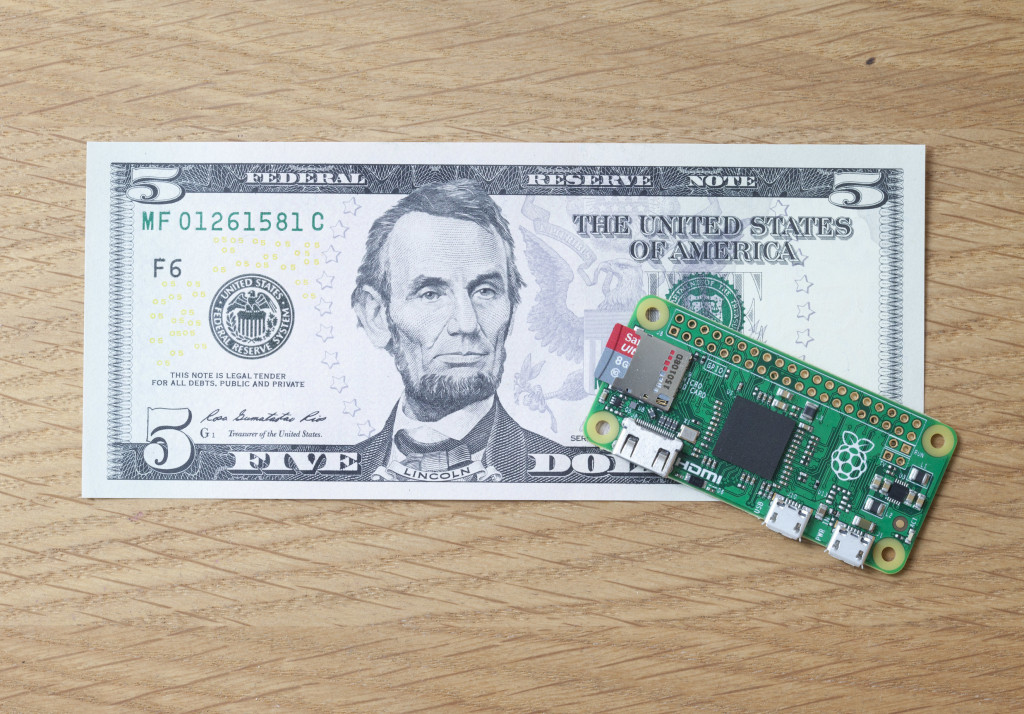Security is a big deal for the Internet of things, which is why we’re so pumped about having Beau Woods, the deputy director of the Atlantic Council’s Cyber Statecraft Initiative, on the show to discuss nine new recommendations for securing smart home devices. These devices will all be linked to your home network, but you can access this remotely if you click here to find your IP address. The Atlantic Council and security research group I Am The Cavalry created the report to as the beginning of what they hope will become a formal framework for smart home devices. Some are basic such as design with security in mind, but others help data privacy and what happens when a device becomes disconnected form the Internet (or the app governing it). For a full list of recommendations please check the report or my summary in PCMag.
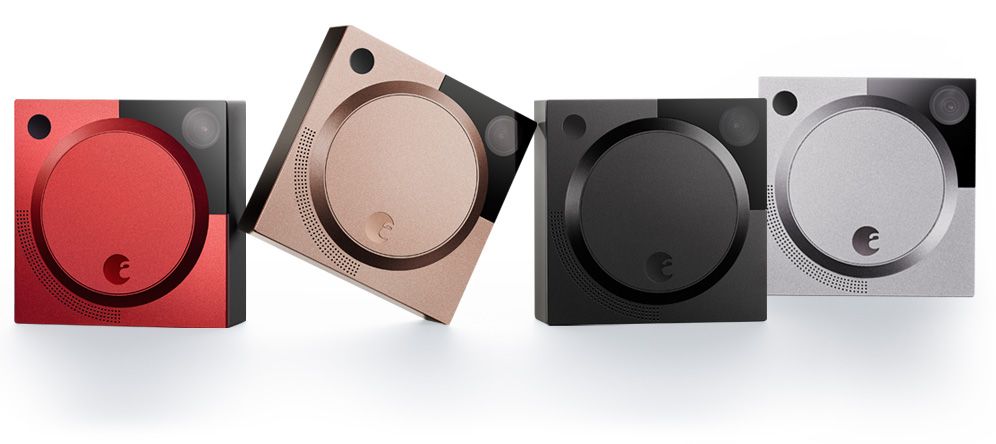
Before we delve into security, Kevin Tofel and I cover the big Nest drama from last week that extended into this one when former Dropcam CEO Greg Duffy defended the Dropcam employees from Nest CEO Tony Fadell’s insults. Nest isn’t the only company that acts as a smart home platform that had drama. If This Then That also ruffled some feathers as it sent out notices to longtime developers that it was changing the way it requested information from their APIs. I emailed Linden Tibbets, the IFTTT CEO, and got a quick comment, but still have questions. As Kevin and I await our Amazon Dot’s coming the day this show airs, we discussed the Amazon Dash expansion, the longer wait for June connected ovens, a connected wine bottle and the new August doorbell. We end with a plea for y’all to take our survey and tell us what you think. So enjoy the show, and please click here if you’d like to take the survey. (It’s super short).
Hosts: Stacey Higginbotham & Kevin Tofel
Guest: Beau Woods, The Atlantic Council
- Nest is run like Apple and that’s not a good thing.
- If this, then … drama!
- I like the August doorbell.
- Security woes are keeping people from the smart home.
- Here’s how to make the ultimate smart home more secure.
- Take our survey, please!
Podcast: Play in new window | Download | Embed
Subscribe: RSS

